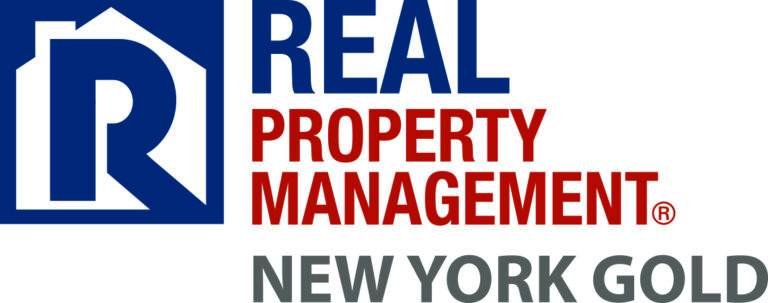Real Estate Tax Deductions for Landlords: Maximize Your Savings
As a landlord, managing rental properties offers more than just a steady stream of rental income it also opens up opportunities to reduce your taxable income through various tax deductions. Understanding which expenses are deductible can significantly lower your tax burden, improving your overall profitability. In this article, we’ll explore some of the key real estate tax deductions available to landlords, helping you make the most of your rental property investments. Whether you’re a first-time landlord or a seasoned investor, this guide will help you navigate tax season and ensure you’re taking advantage of every possible deduction.
Understanding the Basics: What Can You Deduct as a Landlord?
As a landlord, there are a variety of costs you can deduct from your taxable rental income. These deductions are designed to cover the operational costs of maintaining rental properties and generating rental income. Common deductible expenses include property maintenance, insurance, property management fees, and utilities. However, deductions aren’t limited to everyday expenses; major repairs, improvements, and even some legal fees may also be deductible. Familiarizing yourself with the full scope of eligible deductions can save you a considerable amount of money, especially if you’re managing multiple properties.
Property Depreciation: A Powerful Deduction You Shouldn’t Miss
One of the most significant and often overlooked tax benefits for landlords is property depreciation. Depreciation allows you to deduct a portion of your property’s value over time, which can significantly reduce your taxable income. The IRS allows residential rental property to be depreciated over 27.5 years, meaning you can deduct a portion of the property’s value each year. This deduction doesn’t require any actual out-of-pocket expense it’s simply the IRS’s way of accounting for the normal wear and tear of a property. Be sure to consult with a tax professional to accurately calculate and claim your property’s depreciation.
Repairs vs. Improvements: Understanding What You Can Deduct
It’s important to distinguish between repairs and improvements when it comes to tax deductions. Generally, repairs such as fixing a leaky faucet, repainting a room, or replacing a broken window are considered deductible in the year they’re incurred. These are necessary to maintain the property’s condition and don’t significantly increase its value.
On the other hand, improvements such as renovating a kitchen or adding a new roof are capitalized and must be depreciated over time, usually over several years. While improvements can’t be fully deducted in the year they occur, they can still offer significant long-term tax benefits by reducing taxable income over multiple years. Knowing the difference between repairs and improvements ensures you’re maximizing your allowable deductions each year.
Professional Services and Legal Fees: Deductions for Expert Help
As a landlord, you may need to hire professionals to help manage your property, and these costs are often deductible. Property management fees, legal fees, accounting costs, and even advertising expenses for finding tenants can all be deducted from your rental income. Additionally, if you need help with tenant disputes or lease agreements, legal fees associated with these services can also be deducted. These deductions not only reduce your taxable income but also reflect the real costs of managing your property professionally.
Travel and Vehicle Expenses: Deducting Costs Related to Property Management
If you travel to your rental properties for management purposes, you may be able to deduct travel and vehicle expenses. This includes mileage for trips to the property for inspections, repairs, or meetings with tenants. For example, you can deduct the standard mileage rate for each mile driven for business purposes, or you can choose to deduct actual vehicle expenses like gas, maintenance, and insurance. Travel expenses related to property management such as airfare, hotel stays, and meals may also be deductible if they are directly related to maintaining or improving your property. Be sure to keep detailed records of your trips to claim these deductions.
FAQ
1. Can I deduct property management fees?
Yes, property management fees are a deductible expense. These fees are considered part of the operating costs of managing your rental property.
2. How does property depreciation work for tax purposes?
Depreciation allows landlords to deduct a portion of their property’s value over time (27.5 years for residential rental properties) to account for wear and tear.
3. What’s the difference between repairs and improvements for tax purposes?
Repairs can be deducted in the year they occur, while improvements must be capitalized and depreciated over several years.
4. Can I deduct travel expenses related to my rental properties?
Yes, travel and vehicle expenses incurred for property management purposes, such as mileage or lodging, may be deductible.
5. Are legal fees deductible for landlords?
Yes, legal fees related to property management, such as tenant disputes or lease agreements, are tax-deductible.


